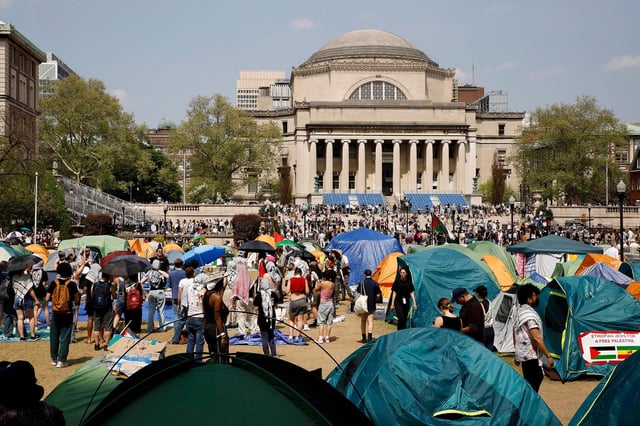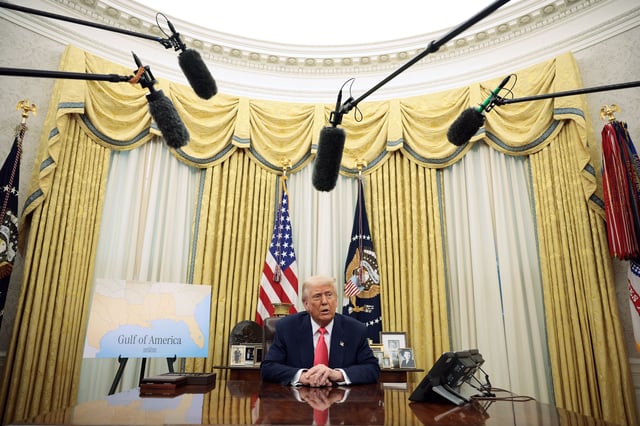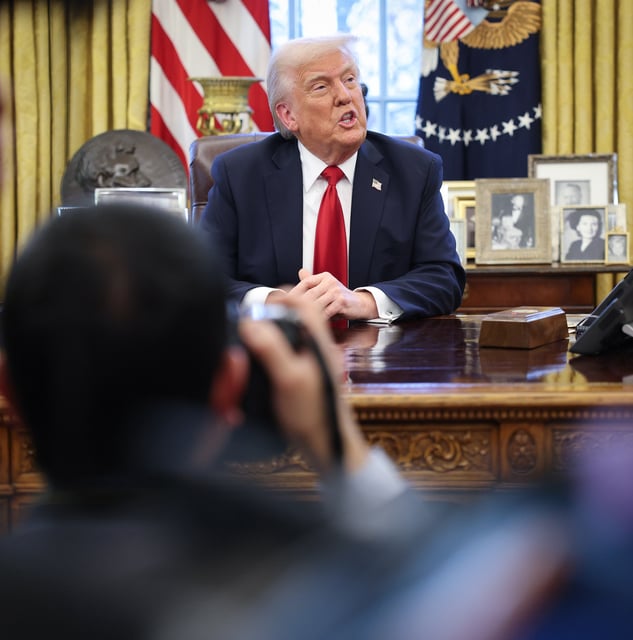Overview
- Federal judges issued temporary restraining orders halting significant parts of Trump's executive orders against Jenner & Block and WilmerHale, citing likely constitutional violations.
- Trump's actions, which include revoking security clearances and restricting federal access, are widely seen as retaliation against firms tied to investigations or litigation against him.
- Paul Weiss and Skadden Arps have struck deals with the administration, committing to pro bono work totaling $140 million, while facing criticism for undermining legal independence.
- The legal community remains divided, with some firms resisting Trump's orders in court and others capitulating under financial and reputational pressures.
- Trump's broader pattern of targeting perceived adversaries, including universities and media organizations, has raised concerns about the erosion of free speech and legal norms.



